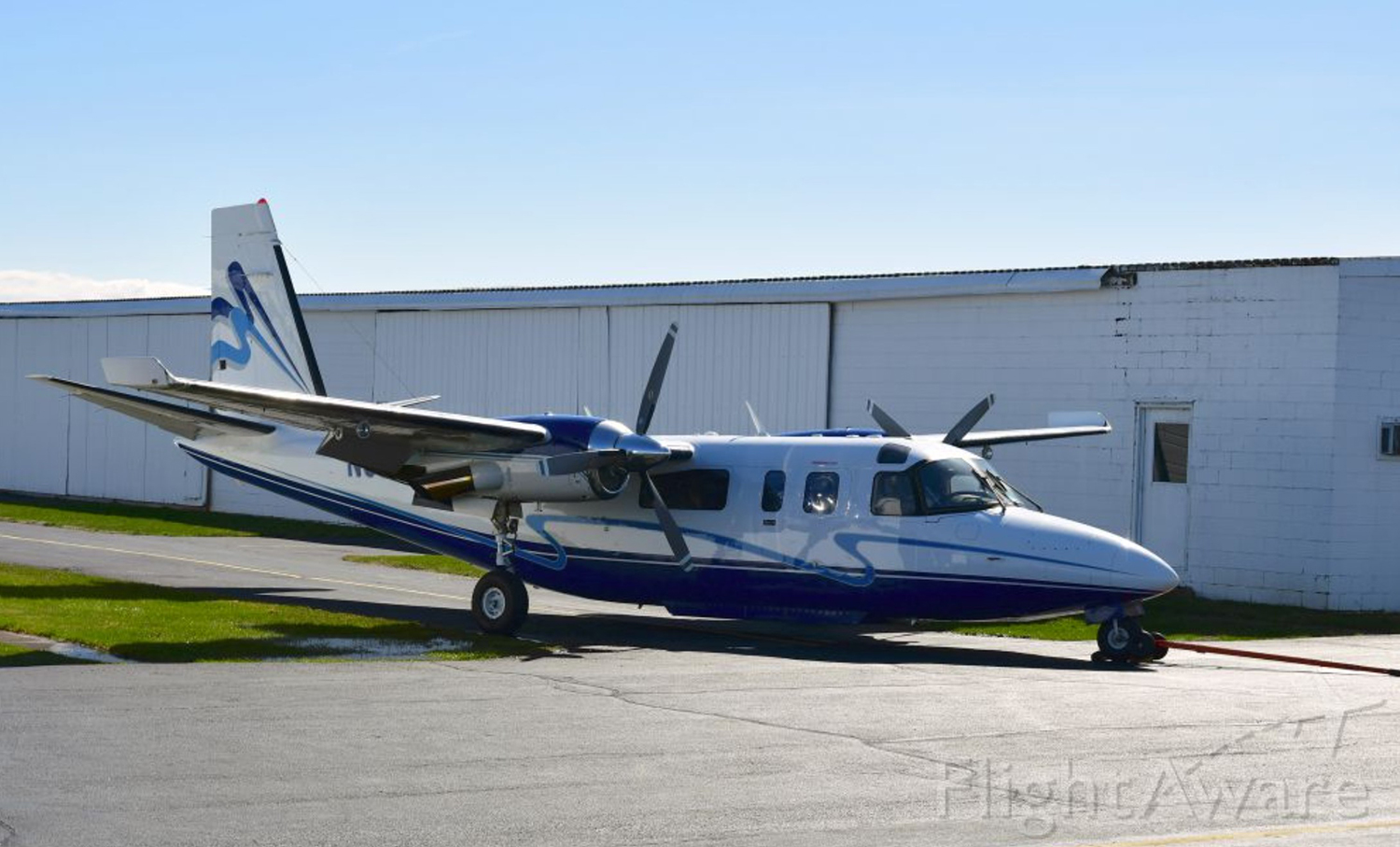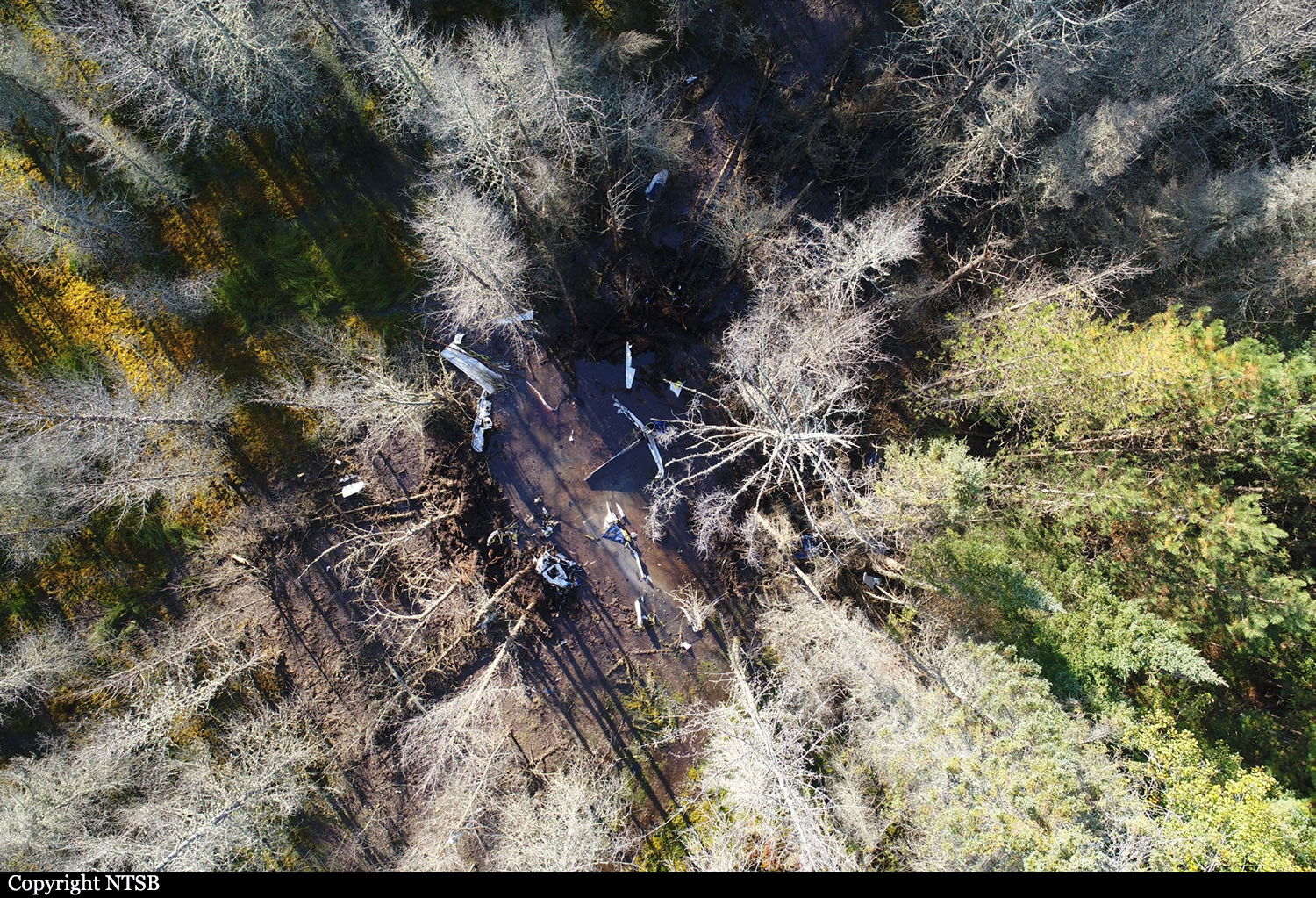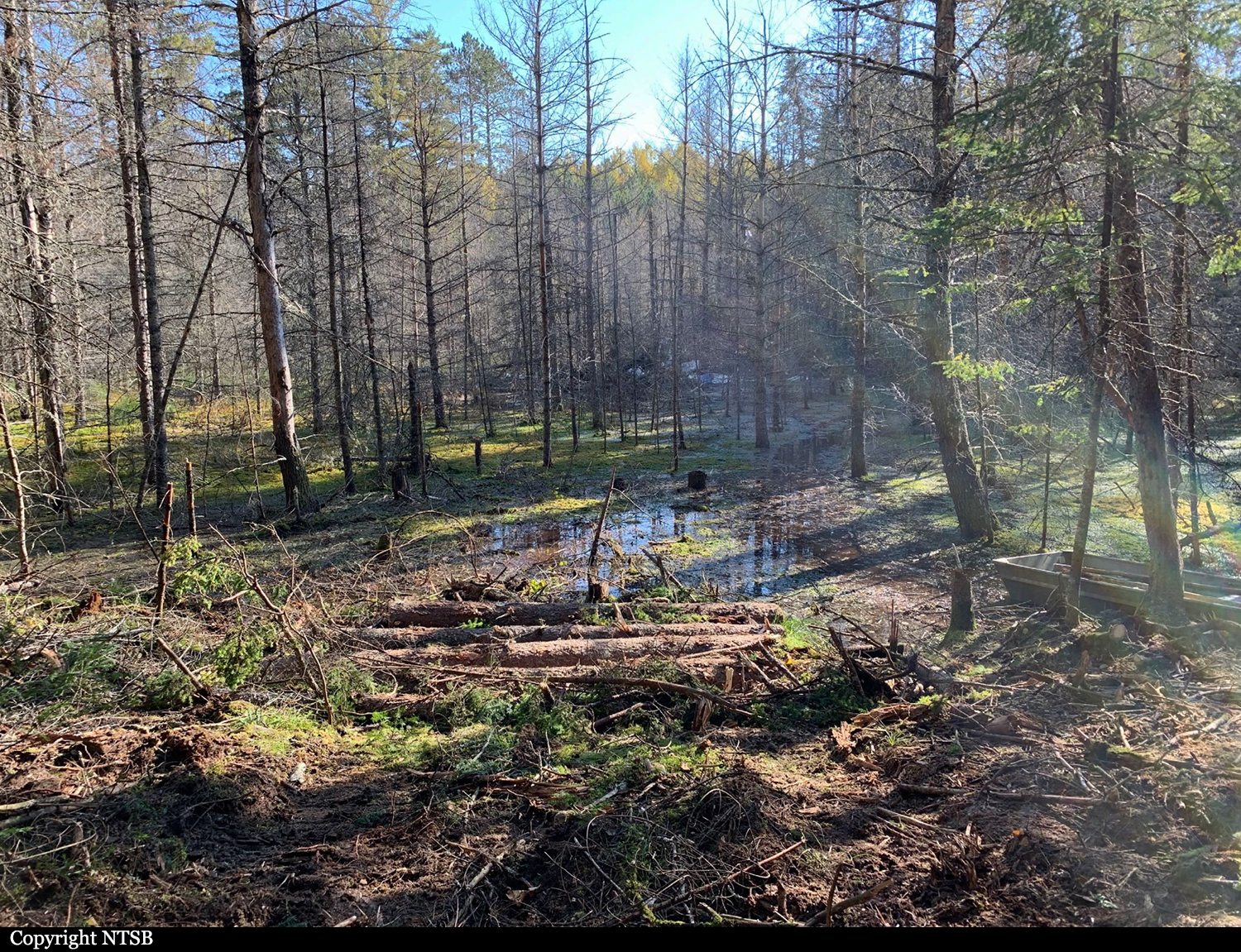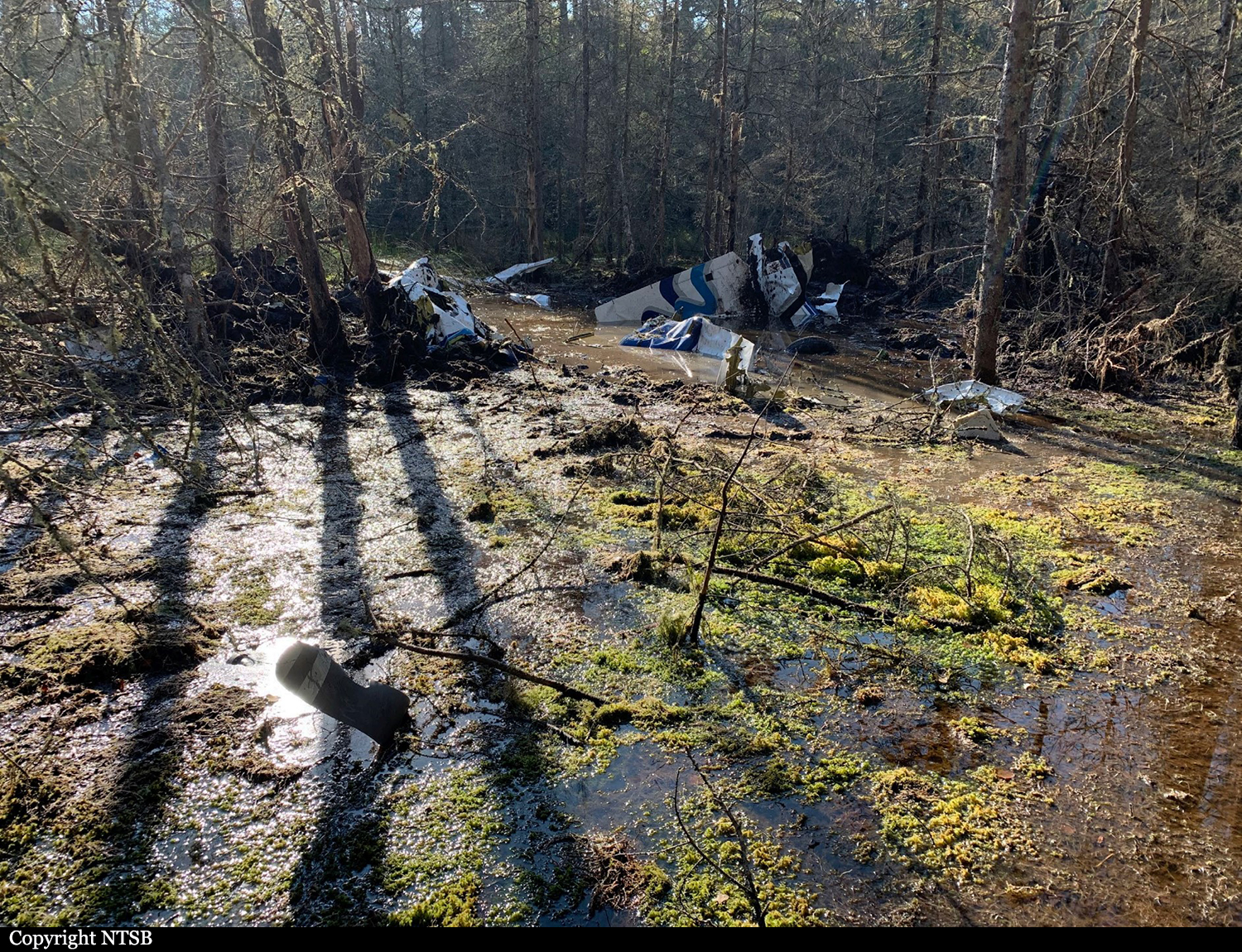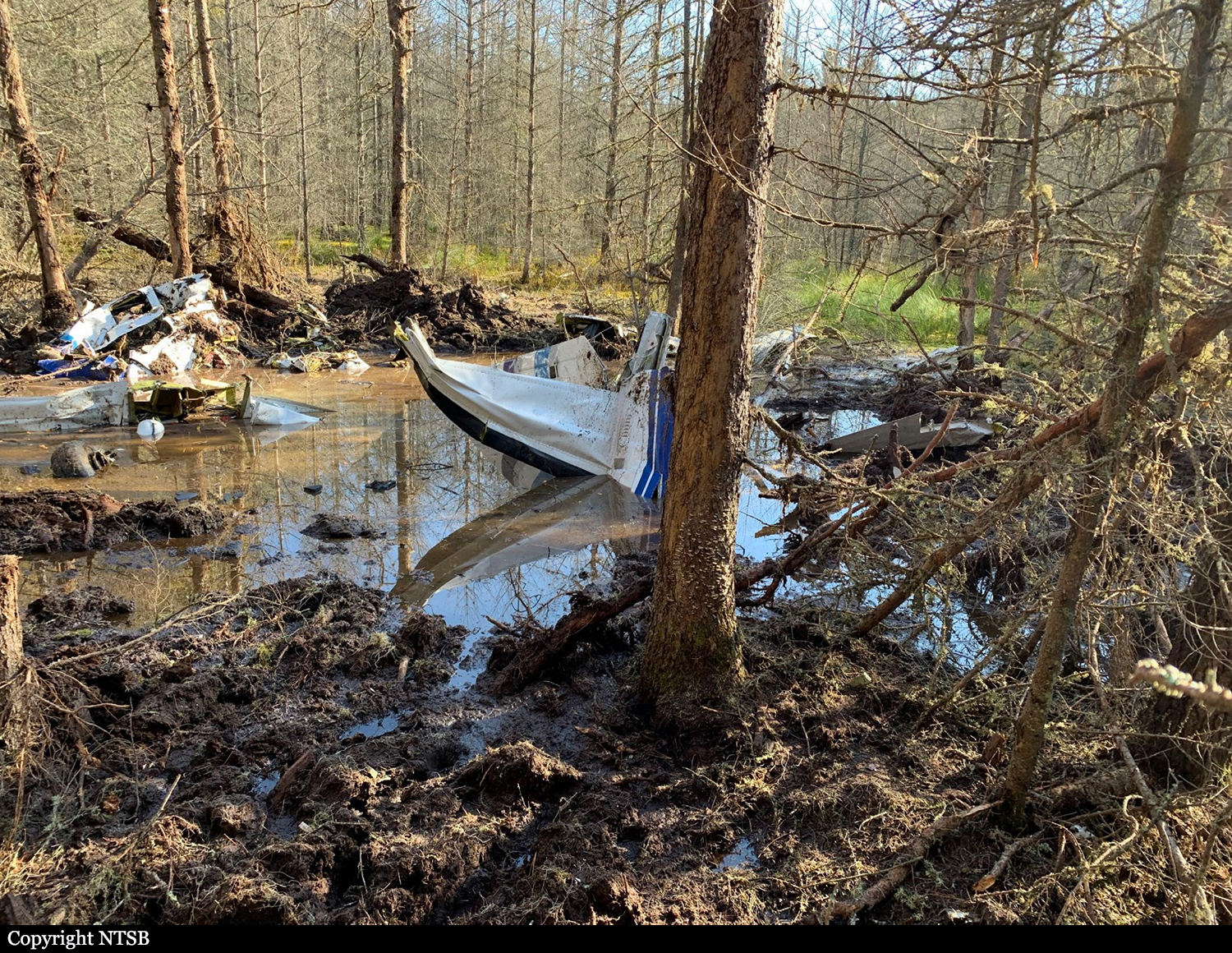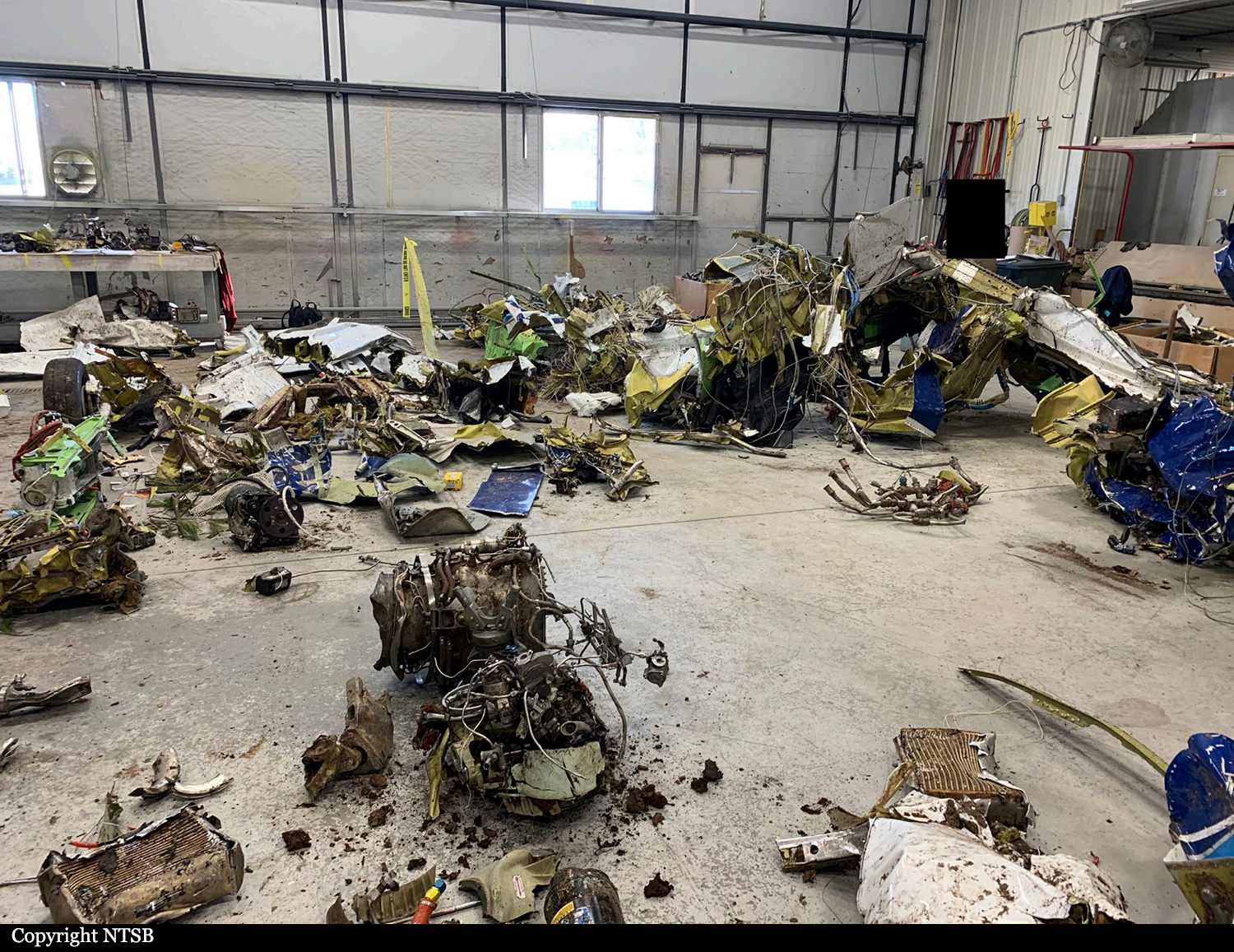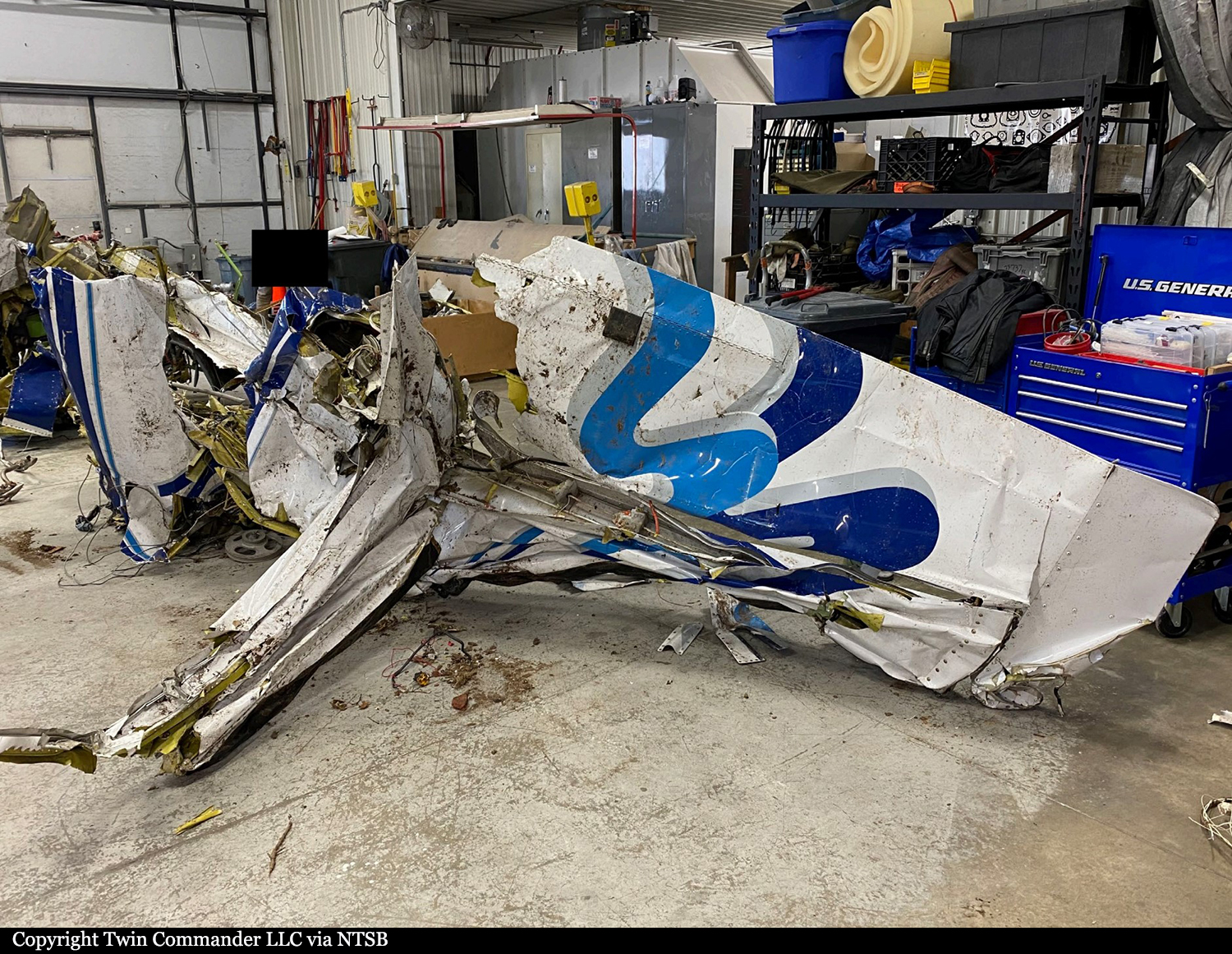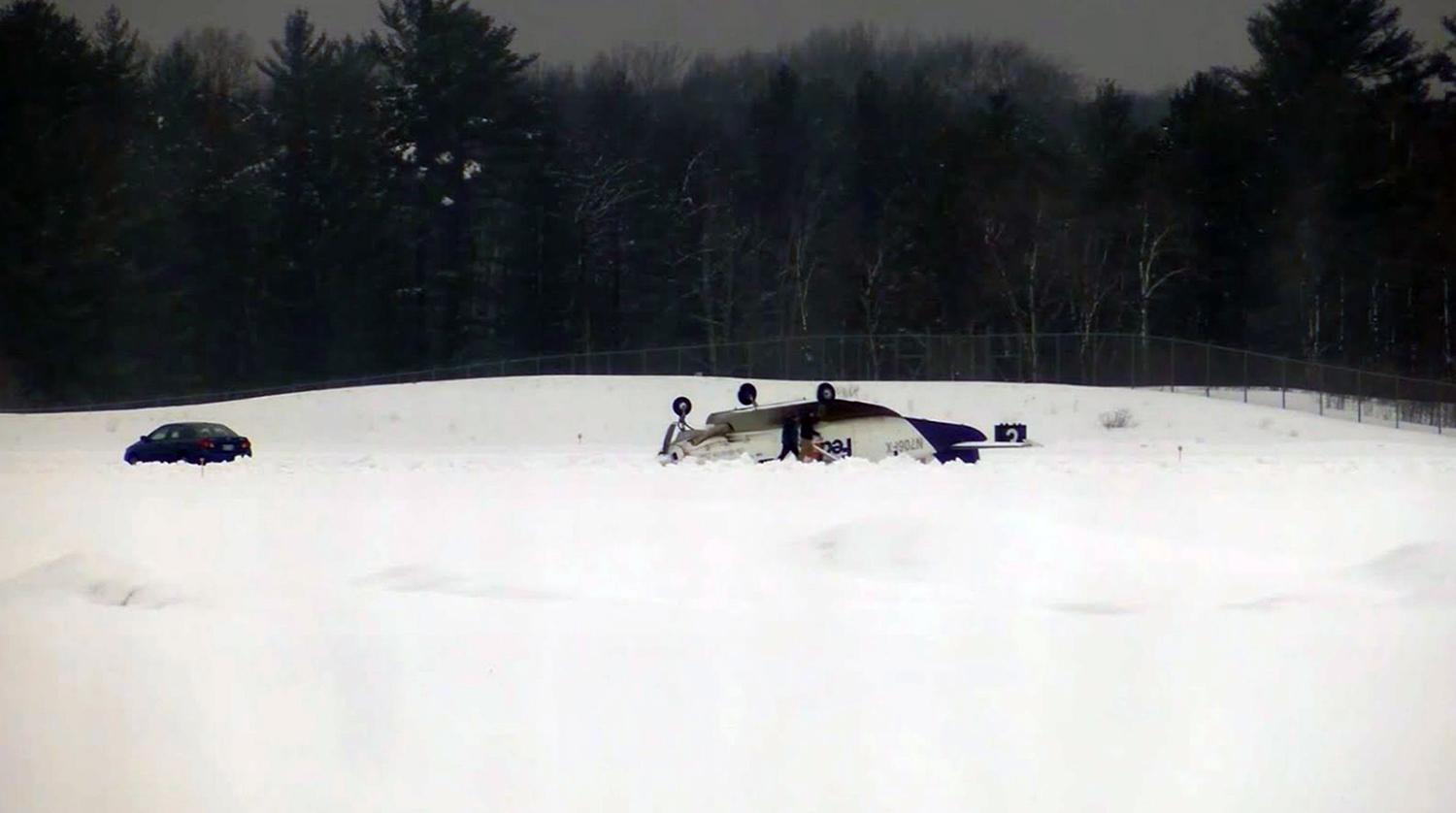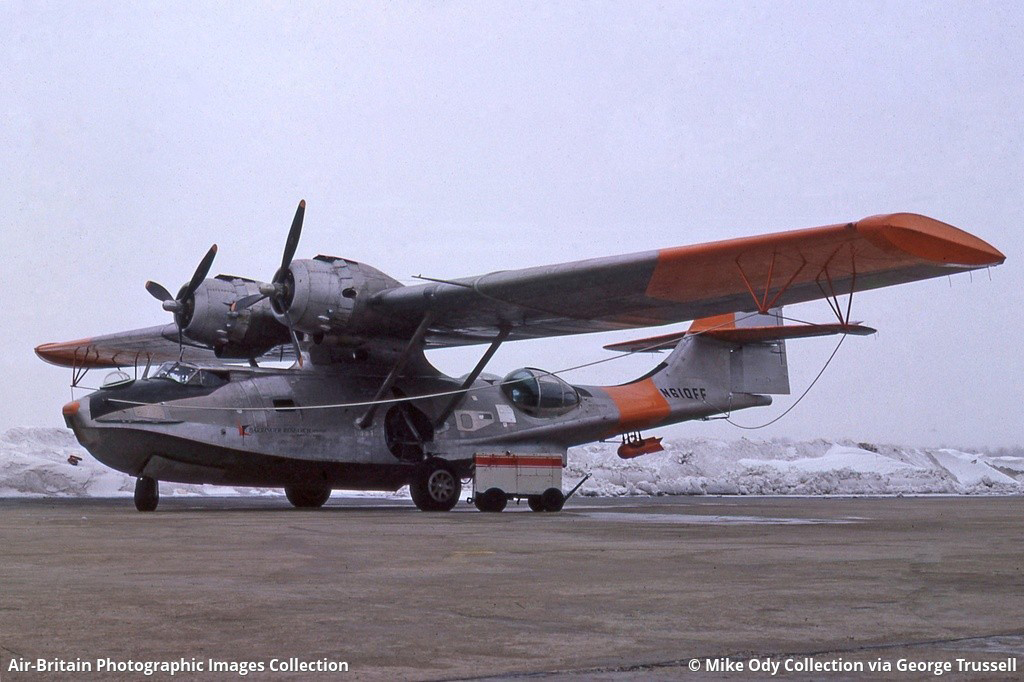Crash of a Rockwell 690B Turbo Commander near Hiles: 3 killed
Date & Time:
Sep 28, 2021 at 0900 LT
Registration:
N690LS
Survivors:
No
Schedule:
Rhinelander - Rhinelander
MSN:
690-11475
YOM:
1978
Crew on board:
1
Crew fatalities:
Pax on board:
2
Pax fatalities:
Other fatalities:
Total fatalities:
3
Captain / Total hours on type:
300.00
Aircraft flight hours:
7854
Circumstances:
The company pilot and two employees had departed on an aerial imagery survey flight of forest vegetation. The airplane began to level off at an altitude of about 16,100 ft mean sea level (msl) and accelerated to a maximum recorded groundspeed of 209 knots. Less than 2 minutes later, the groundspeed decreased to about 93 knots, and the airplane descended about 500 ft while on a steady heading. The airplane subsequently entered a rapid descent and a right turn, and “mayday, mayday, mayday” and “we’re in a spin” transmissions were broadcast to air traffic control (ATC). A witness, who was located near the accident site, noticed the airplane nose down at high rate of speed and then saw the airplane spinning rapidly about its longitudinal axis. The airplane wreckage was located in remote wetlands and wooded terrain. Postaccident examination revealed that the airplane impacted the ground in a nose-low vertical attitude and at high speed. All major components of the airplane were located at the accident site. Examination of the airframe, engines, and propellers revealed no preimpact mechanical malfunctions or failures that would have precluded normal operation. According to the aircraft performance study for this accident, when the airplane pitched down, the normal load factor decreased rapidly from about 1.6 to less than 1 G. A rapid decrease in normal load factor is consistent with a stall when the wing exceeds its critical angle of attack. At that point, the air flow becomes separated at the wing, and the wing can no longer generate the necessary lift. If the airplane is in uncoordinated flight at the stall, a spin can result. Thus, the pilot likely did not maintain adequate airspeed, causing the airplane to exceed its critical angle of attack and enter a stall and spin. An important but unknown factor before and during the initial stall was the behavior of the pilot regarding his flight control inputs, including his possible attempt to recover. The airplane’s Pilot Operating Handbook states that spins are not authorized and does not include a procedure for inadvertent spin recovery.
Probable cause:
The pilot’s failure to maintain adequate airspeed, which caused the airplane to exceed its critical angle of attack and enter an inadvertent stall and spin.
Final Report:
